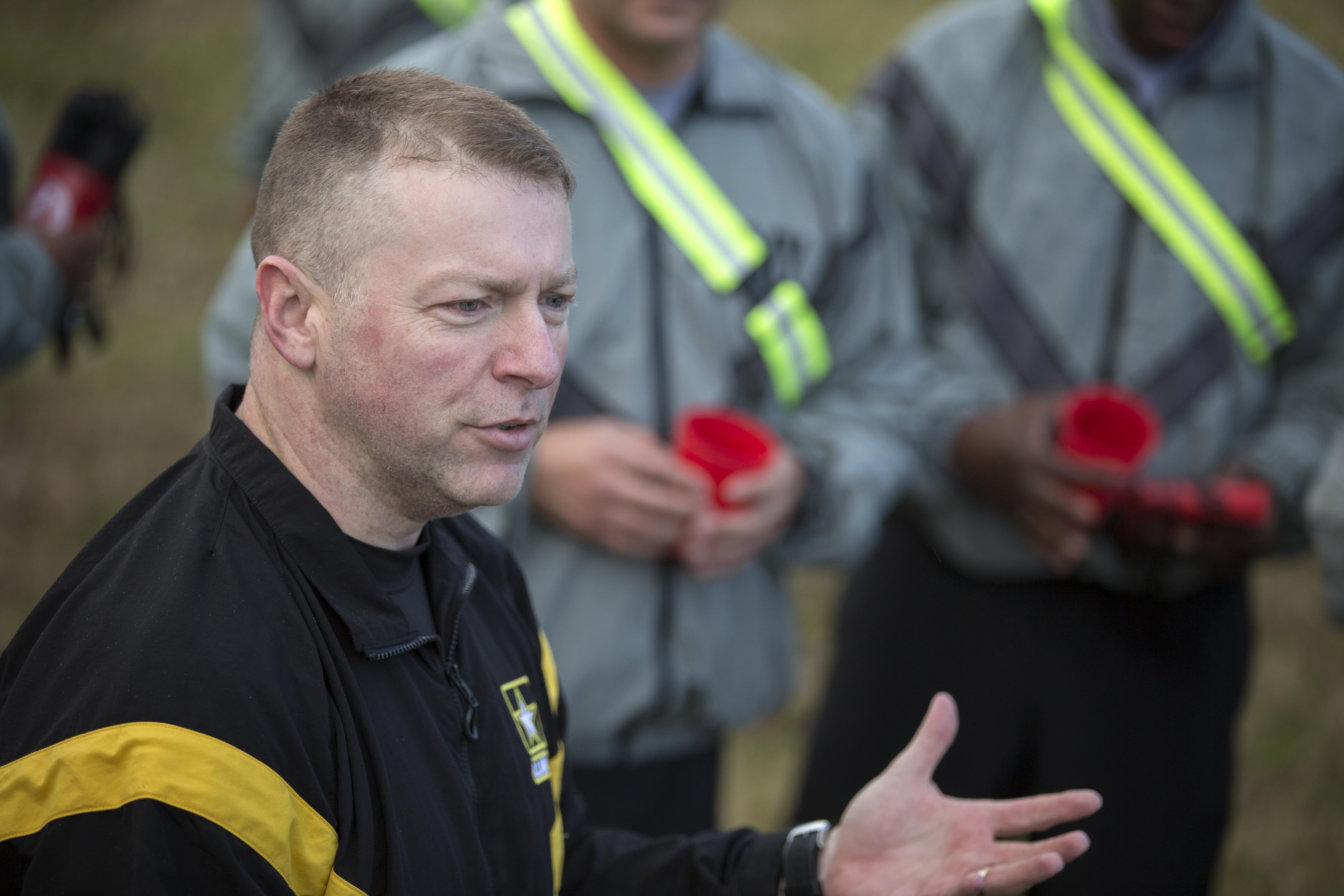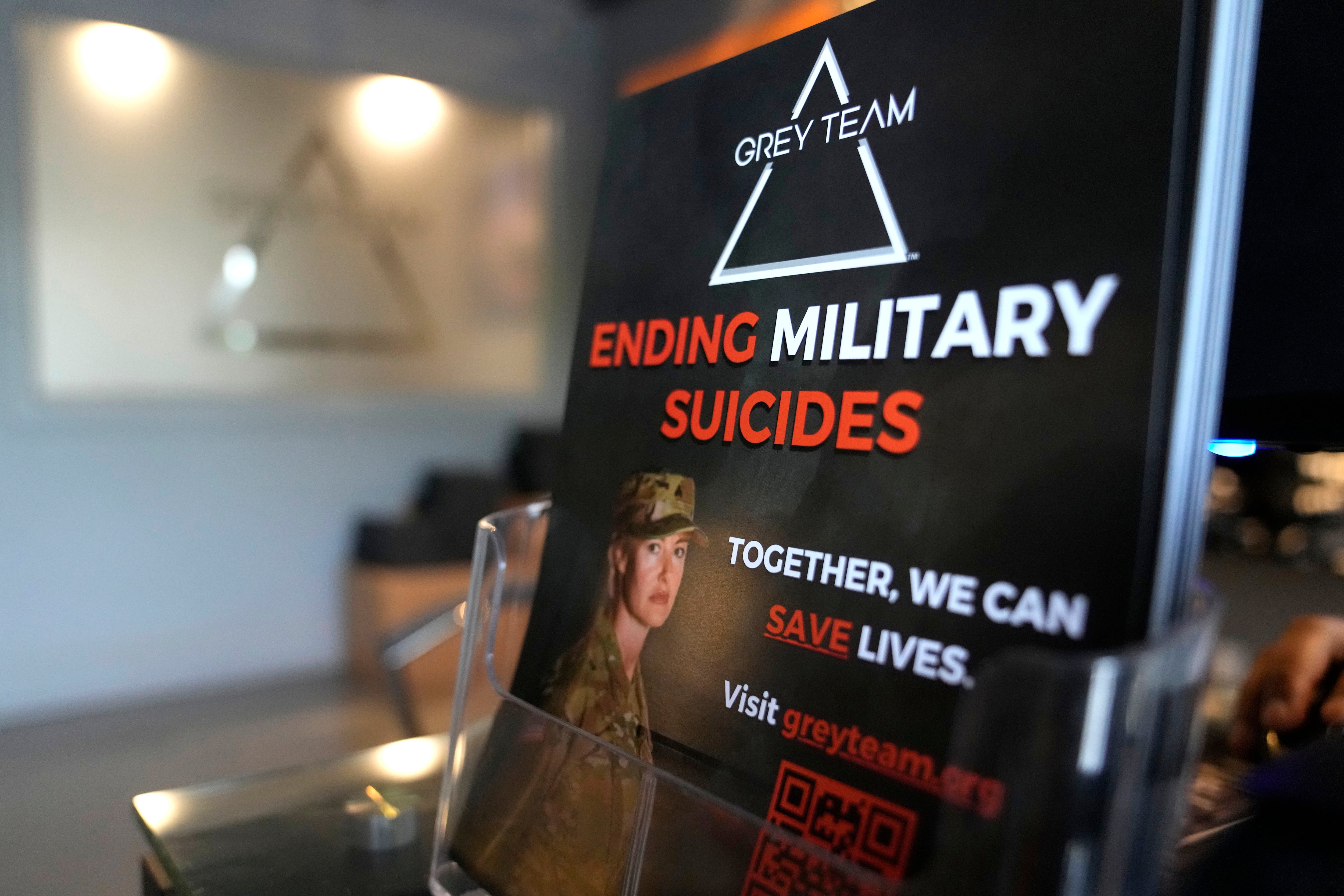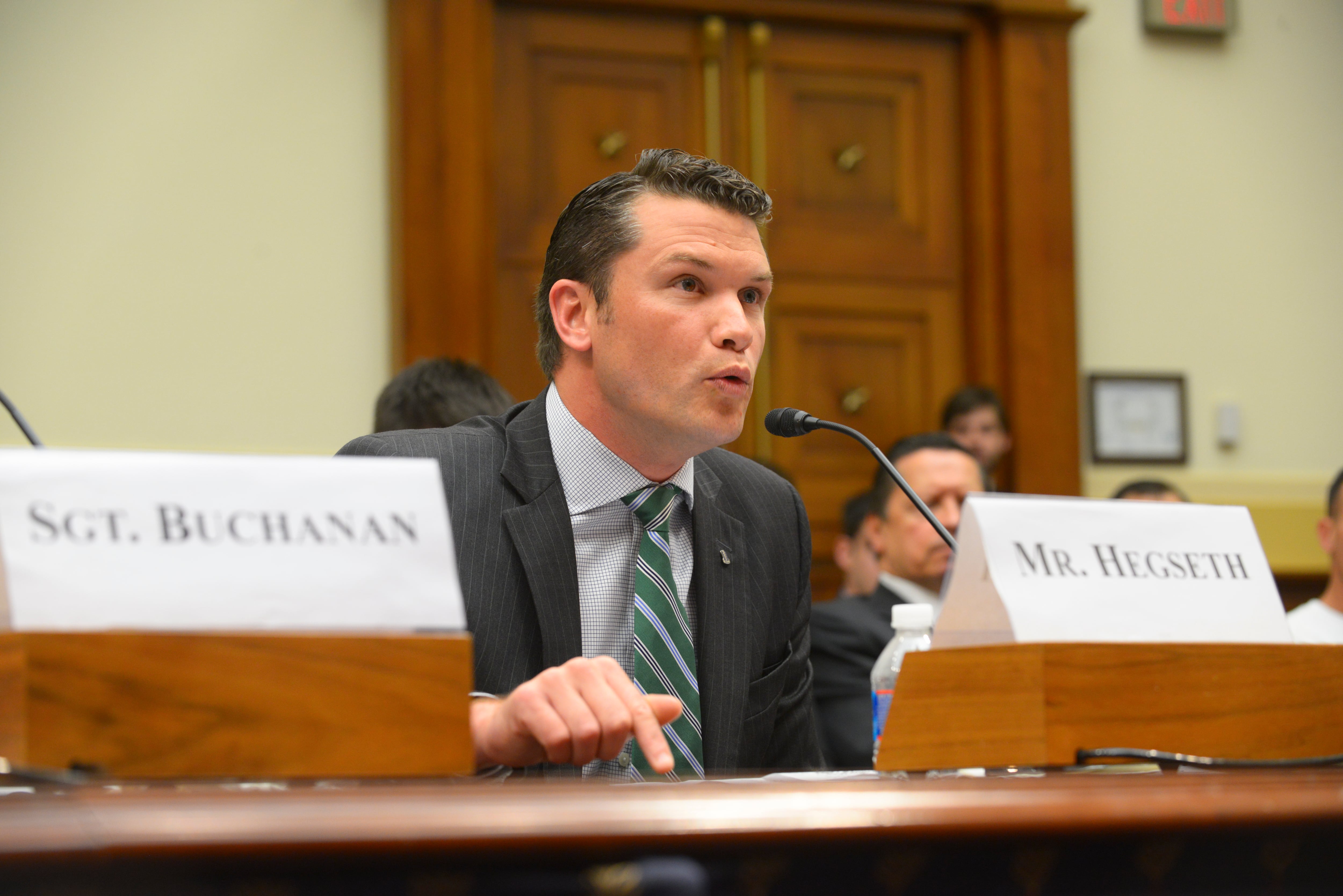The Army Reserve's top enlisted soldier has been on the job for just three months, but he's pushing to get soldiers to school, improve physical fitness across the force, and grow opportunities for soldiers to train and serve overseas.
Command Sgt. Maj. James Wills became the interim command sergeant major of the Army Reserve on Jan. 8. He succeeded Command Sgt. Maj. Luther Thomas, who moved to another assignment in the Defense Department.
Wills will serve as the Reserve's top NCO on an interim basis. This allows the new Army Reserve chief, who is expected to be named later this year when Lt. Gen. Jeffrey Talley completes his tenure, to name his or her own command sergeant major.
Wills, who enlisted in the Army in 1984 and has deployed or mobilized in support of Operations Desert Storm and Enduring Freedom, recently sat down with Army Times to outline his priorities and some of the key issues facing Reserve soldiers.
Q. You've been on the job for almost three months. How has it been so far?
A. It's been great. I have been on the road quite a bit. It's been good to interact with our soldiers, civilians and family members and observe things happening in the Army Reserve.
Q.What is your initial impression of how things are going?
A. With the cutbacks in [the active Army] and the chief of staff of the Army having this holistic approach of integrating all components, it's exciting, I think, because I see a lot of opportunity for Army Reserve soldiers, where we'll see different mission sets that we haven't seen in the past, some chances to integrate into overseas missions that we haven't in the past.
I think you'll see greater partnership between the Army Reserve, especially with the combatant commands and the Army service component commands.
Q.You mentioned different mission sets. Can you give me an example?
A. An example would be there's a big need for an [explosive ordnance disposal] mission in Peru right now. It would be missions like that.
Q.Do you anticipate the Reserve might get used or called upon more often?
A. I think we'll see a greater rotation for different types of units. The challenge for us is going to be until the Department of the Army is able to identify and get congressional support on whether we're able to increase the number of training days for Guard and Reserve soldiers. That is going to be a big challenge for us going forward.
Q.Do you agree that the Guard and Reserve need more than 39 days of training a year?
A. I'm in full support of it.
You take a medical unit, for example. If they do their combat training center rotation and all their home station training and all the administrative training requirements, they quickly get to that 39-day requirement. But every other year, they need five additional days to do their certifications.
We've got to make sure that we're programmed for those days, for those training events, to make sure those soldiers are ready.
Q.What are some other challenges you see?
A. As a [Reserve] soldier, our soldiers have to have, first and foremost, their priority to their civilian employers and their families. Being able to put on the uniform one weekend a month, and being able to sustain an overall physical and emotional readiness value is a challenge.
I am working right now on soldier programs such as soldier fitness, making sure we do physical fitness training as part of the [monthly] battle assembly. One may argue that takes up a lot of training time, but we need to mean what we say and say what we mean. If we put it on the schedule and conduct PT one weekend a month, you're not going to get someone fit one weekend a month, but the challenge is for leaders to understand that if it's not on the training schedule, it's not important.

Wills talks to Army Reserve Medical Command soldiers after physical readiness training in Pinellas Park, Fla. Improving physical fitness across the force is one of Wills' priorities.
Photo Credit: Spc. Tracy McKithern/Army
Q.What else are you doing to improve physical fitness?
A. I've challenged all my sergeants major to get out and show me. I want to see them out leading by example, to be out in the field with soldiers leading PT. Everywhere I go, I'm pushing to do PT with [soldiers] when I get there.
I don't care if they do P90X, I don't care if they do Zumba. They've just got to get at it.
Q.What else do you have on your priority list?
A. Army University is huge for us in the Army Reserve. With Army University standing up, and having that accessible to our Guard and Reserve soldiers, we can better work toward all of our soldiers having some type of certification or credentialing.
We fund the resource requirements for unemployment and things like that. That's a huge bill for us. If we can help our soldiers go into the workplace as certified workers, it's a two-fold win.
Q.Speaking of education, how is the Reserve rolling out the Army's new "select, train, educate, promote" policy?
A. We're right on track with the Army. STEP has created some angst in the field with our soldiers. But I will tell you that, for the most part, I think as long as we continue to talk about STEP, it's being well received.
The part that's been the struggle has been the unknown, those soldiers who for whatever reason chose not to go to school when they got promoted.
The schools money is there. We have the funding this year, in FY16, to be able to send our soldiers to school.
Q.How is the Reserve doing in terms of operations tempo?
A. I think with all the things going on with total force integration, it's got our soldiers excited because they're now doing training, and they're doing things they haven't had a chance to do in the past. Our soldiers love being out in the dirt, away from the reserve centers.
Q.Are there certain military occupational specialties or units that are in higher demand than others?
A. The Army Reserve is truly the sustainment force of the Army. We are the sustainers of the Army. All of our quartermaster units, our petroleum distribution units, our [Expeditionary Sustainment Commands], all of those units are in high demand right now.
As we are rotating those capabilities, we have to look at all our 92-series [quartermaster] and 88-series [transportation] and make sure we're focused on getting those soldiers through realistic and focused training so they're ready to go.
I grew up under the Cold War era of being in the Army. When I joined, one of the things they always said to you is "make sure your duffel bag is packed. Are you a ready soldier? Is your duffel bag packed?"
Michelle Tan is the editor of Army Times and Air Force Times. She has covered the military for Military Times since 2005, and has embedded with U.S. troops in Iraq, Afghanistan, Kuwait, Haiti, Gabon and the Horn of Africa.





